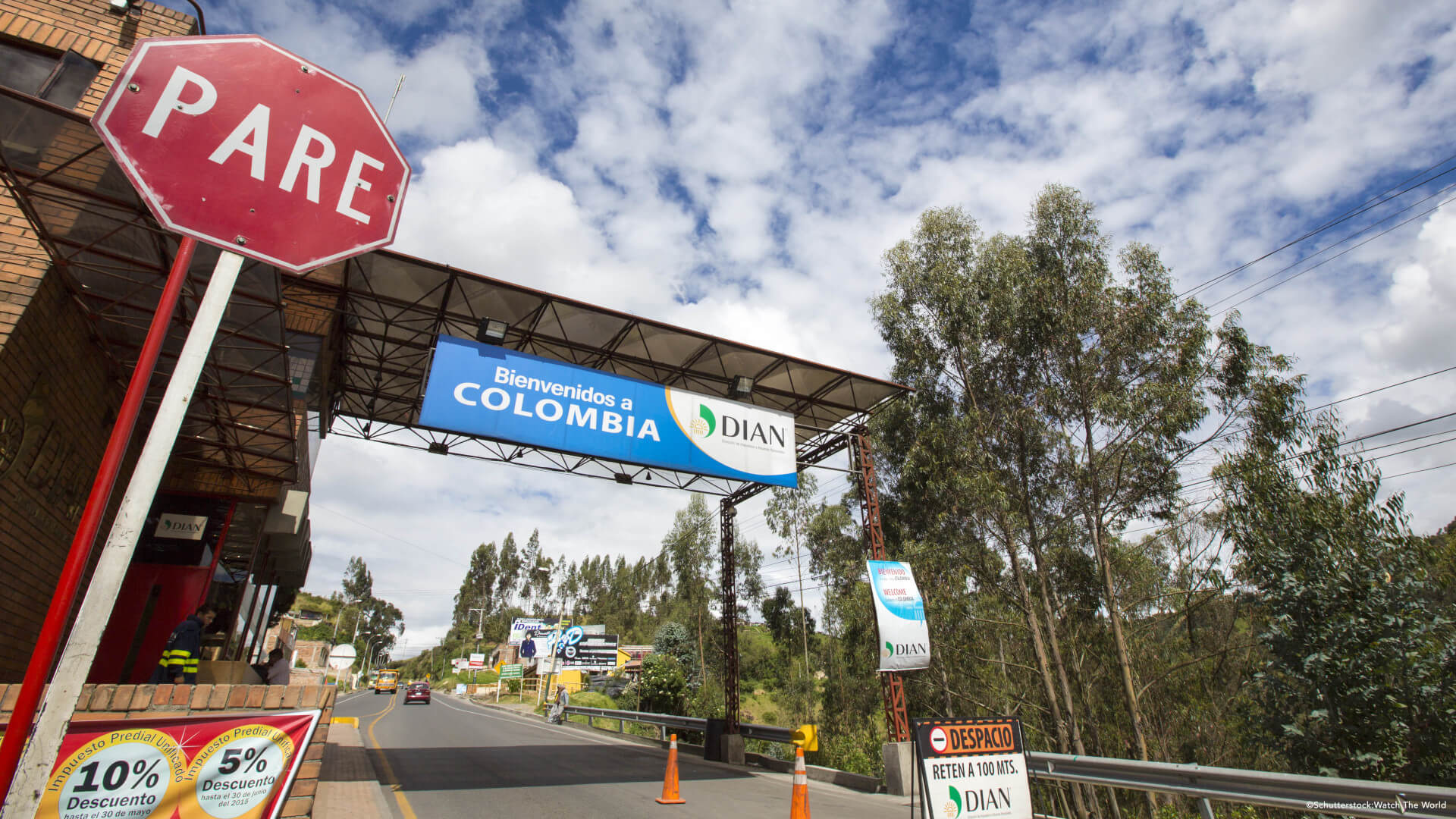The migration of 5.6 million people from Venezuela since 2015 means that South America is undergoing the largest forced displacement in the region’s history. On March 1 2021, the Colombian government, the main receiving country of Venezuelan migrants, issued an Executive decree that made headlines across the world. Decree 216 of 2021 could potentially regularise around 2.5 million forcibly displaced Venezuelans residing irregularly in Colombia. If successful, this would be one of the largest regularization processes in the world. Why did the Colombian government make such a ‘risky’ decision? It did so, I argue, because the Colombian government followed a typically South American ‘state control + human rights’ approach to migration governance, which rests on an understanding of migration as an ‘inevitable’ phenomenon.
Most specialists on South American migration governance have highlighted the absence of regional cooperation and coordination to address Venezuelan emigration. This position ignores that the (potentially) most effective policies for the regularization of Venezuelan migrants which some of the main receiving South American countries have adopted do actually follow a regional logic and a migration governance approach which is distinctively South American. I call this approach ‘state control + human rights’. ts underlying logic is the inevitability of migration, given that states are unable to prevent people from moving and that it is not possible to effectively control all borders. Following this logic, migrant regularization is the solution to irregularity. Migrant regularization can benefit both states, by increasing state control over its population, and migrants, by extending their access to rights. This logic contrasts with that prevailing in many other parts of the world where preventing ‘undesired’ migrants means using detention and expulsion as ‘solutions’ to irregularity. Colombia’s regularisation decree is based on a distinct South American approach to migration governance.
This is a part of blog post by Leiza Brumat.
